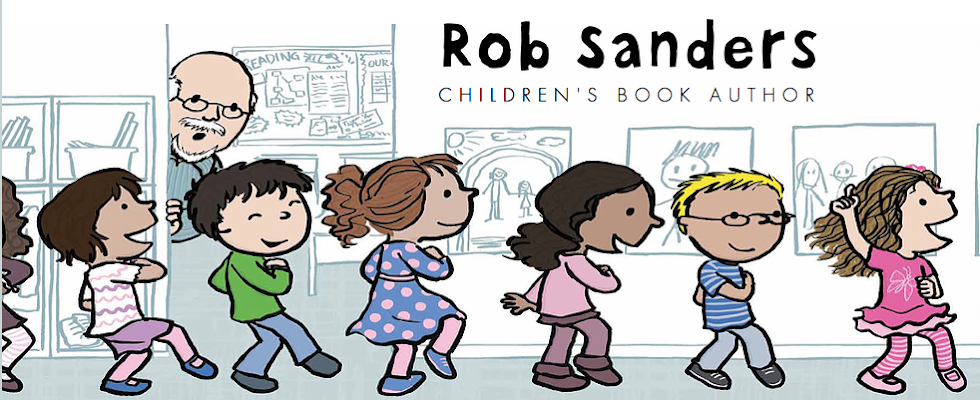This is the final post
in a series sponsored by SCBWI Florida Tampa Bay area writers. Thank you for
joining us in this online book study of THE WRITER’S JOURNEY: MYTHIC
STRUCTURE FOR WRITERS, Third Edition by Christopher Vogler.
POST
#12
THE
HERO’S JOURNEY:
WHAT
IT MEANS TO ME AND WHERE TO GO FROM HERE!
Contributor:
Lorin Oberweger
“If
two or more organs of the body are not squirting fluids, the story's no good!”
– Christopher Vogler
Though
this idea was captured much more elegantly in Susan Banghart’s first post of
this awesome series, I much prefer this more idiomatic, more “visceral” version
of it. Somehow, squirting organs speak to me. J (Not literally; that would be
terrifying.)
I’m
so fortunate in that I get to sit at the foot of the master (several masters,
in fact) once a year, and hear Christopher Vogler lay out his thoughts on both
the Hero’s Journey and on his evolving relationship to what he first set forth
decades ago.
For
me, that’s the real crux of it—the idea of EVOLUTION. While the structure
itself speaks of evolution and transformation in a character or characters,
it’s important to note, I think, that the USE of such a structure should most
definitely be approached in that way.
It’s
also important to understand that as Vogler sets it down, the Hero’s Journey
is, first and foremost, a screenwriting journey. It relies on things that can
be conveyed on a visual basis first and foremost. Its archetypes touch our eyes
and ears first and then penetrate our other senses, eventually making our
organs squirt.
But
the beauty of what we do as novelists and picture book authors is to deal with
the visceral and the internal FIRST, to build OUT from a character’s
motivations and desires, from who they are on a psychological and personal
level to what motivates them toward their goal—or elixir.
As
authors, we’ve got a much better opportunity to make those organs squirt,
because we involve the reader’s entire body in our storytelling. We communicate
how fear FEELS, for example, not just what it looks and sounds like. We
communicate an inner landscape via interiority and exposition that can’t be
conveyed on the screen without clunky devices like voiceover.
So,
the hero’s journey for a novel’s protagonist may not fit into this classical
mode—as Shannon Hitchcock pointed out and as Vogler affirms. These archetypal
elements are there to inform us, to give some shape to our own hero’s and
heroine’s journeys, but they can also serve as a chart of a character’s internal
journey—with the Mentor, the Shadow, the Shapeshifter all being aspects of the
SELF.
What
I love about this structure is not necessarily its use as a literal road map
for my story but its symbolic and emotional power. I love to see where these
ideas intersect with my vision for the story, where they might bolster it, and
where my ideas stray from these classical definitions.
For
example, in much young adult literature mentors are often not the wise old
sages of the archetypes but peers of the protagonist. A slightly older friend
or sibling whose wisdom may or may not be of much value. Or if the mentor is older, he or she may not be
wiser at all—think Haymitch in THE HUNGER GAMES.
The
reason for that is that the contemporary world is not the world of the
ancients. Contemporary stories deal with contemporary mores, some of which
still correspond beautifully with Campbell’s works and some of which—like the
idea of a mentor or the structure of a community—have blossomed in ways
Campbell and even Vogler never imagined.
And
yet, there’s so much power in these ideas, so much resonance, that I find
myself coming back to them time and again as both author and editor. I also
love the archetypes set forth in companion books like THE HEROINE’S JOURNEY and
FROM GIRL TO GODDESS, both of which I also recommend.
Again,
it’s not so much that these create a rope to pull me along in my story, but
instead, they serve as bright lights, flashing on to illuminate important
emotional and thematic ideas, to bolster the story so that it can be more
keenly felt—with all possible organs. And then they wink off when they’re not
needed, and I continue on my way.
Meet Today’s
Contributor—Lorin Oberweger
Lorin
Oberweger is a Tampa-based author, editor, and story development coach. Her
novel BOOMERANG (Harper/William Morrow), written with Veronica Rossi under the
pen name Noelle August, debuts on July 8. As program director for the Free
Expressions Seminars and Literary Services, she puts on the internationally
acclaimed Breakout Novel Intensive and Story Masters workshops, the last with
Donald Maass, James Scott Bell, and the one and only Christopher Vogler. Visit www.free-expressions.com for more.

No comments:
Post a Comment